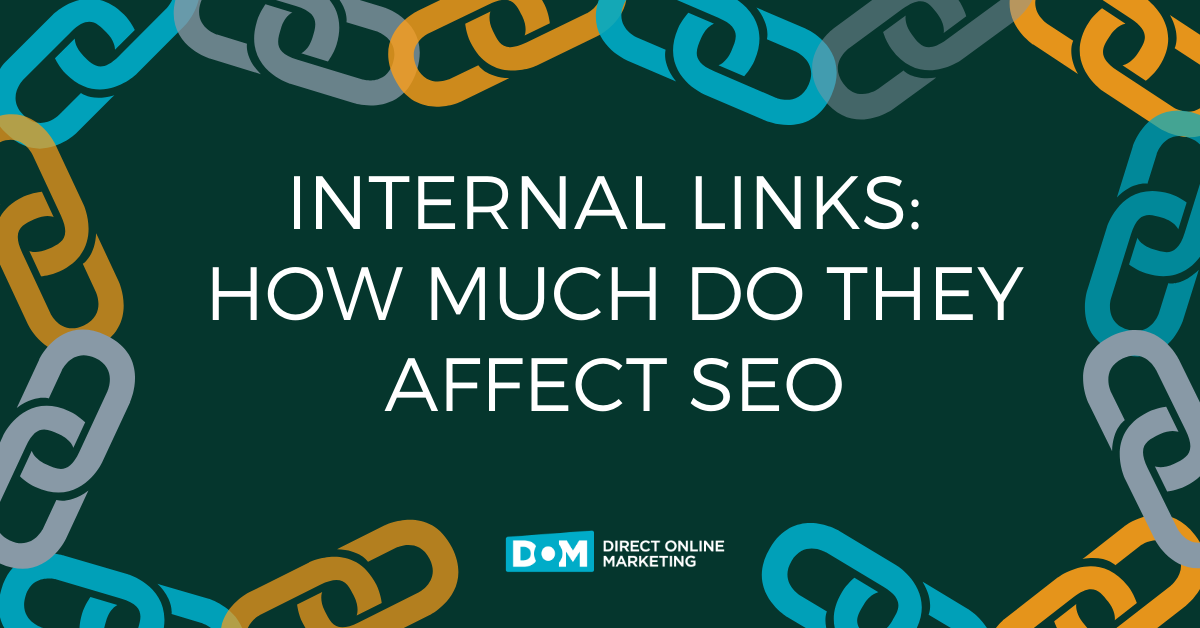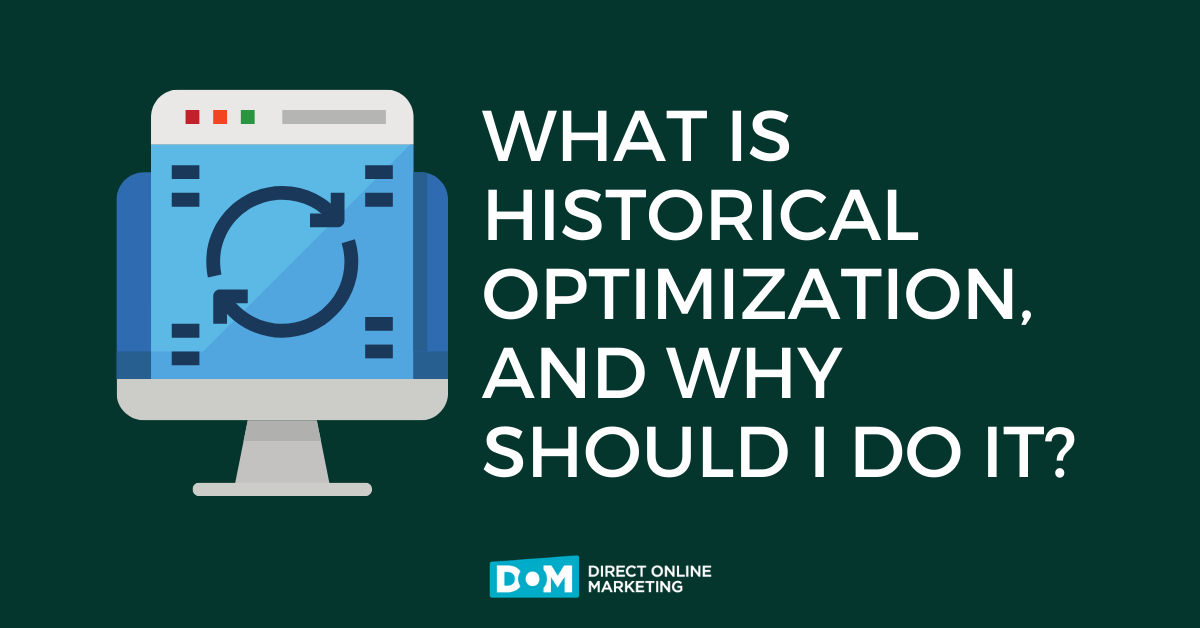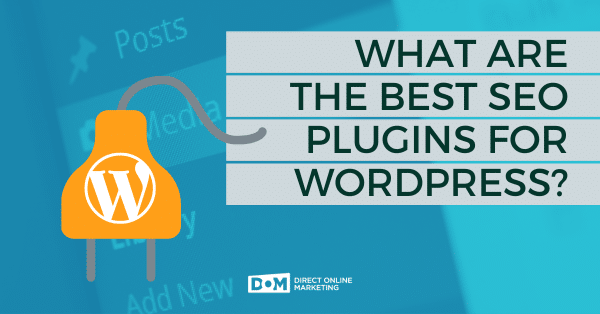One of the great things about blogs is that there appears to be as many different interpretations and definitions as to what they are as there are bloggers producing them. We could all sit down and throw out a few ideas as to what a blog contains or standards it must adhere to in order for it to be perceived as a fully-fledged blog. Once you’ve laid out that set of boxes that need to be ticked, you then develop a sliding scale of ‘blogginess’. If you have comments enabled, recent posts, a blogroll of links and an RSS feed you might be 58% bloggy by some people’s reckoning.
The bottom line is that blog has always been a fairly meaningless and misleading term in some respects. As with all forms of social media, blogs allow for interaction; in this case between writer and reader. They’re open-ended conversations which can become entirely different beasts once people have expanded upon or debunked your original thoughts in the comments box or elsewhere on the Web.
Open source ideas.
It’s this concept of blogging that has me disagreeing a little with this particular opening gambit in this post:
Blogging has become so pervasive and influential that the lines between blogging and the mainstream media have disappeared.
I agree wholeheartedly that blogging has become pervasive and influential, but – and I’m well aware that the writer may not have meant it in such a way – I don’t believe there isn’t a distinction between blogging and the mainstream media. You see, in many ways blogging is the nemesis of mainstream media. One is Linux and the other Microsoft. One is open source and the other is proprietary. Blogging checks facts with an open agenda from the outset while the mainstream media is agenda driven with its facts checked by legal teams prior to publishing.
Further on, the article provides a quote from one of the bigwigs at Technorati:
“Blogs are now mainstream media,” said Richard Jalichandra, CEO of Technorati, in an interview with eMarketer. “We’ve certainly seen that with the number of professional, semiprofessional and passion/enthusiast bloggers who are creating real media experiences. At the same time, you’re also seeing mainstream media come the other direction to add blog content.”
But this can get dragged out by better media commentators (Andrew Sullivan has an excellent piece as to why he blogs here) than me, and the point is that we all now recognize blogs and interact with them on a regular basis. Or at least sites that contain some form of blog functionality.
Blogging as an amorphous group (otherwise known as the blogosphere) is posting ever increasing and more impressive numbers, though:
comScore Media Metrix found that blogs had 77 million unique visitors in the US in August 2008, compared with 75.1 million unique visitors to MySpace and 41 million to Facebook.
So it’s essentially true that blogs are becoming ever more main stream in the consciousness of those that use the Internet. You’re more inclined to compliment your news intake with opinion from blogs; and you’re more inclined to trust a company that speaks candidly and openly about itself and its products via its own company blog.
But it’s false to assert that it’s all one big happy melting pot where the mainstream media and corporate agendas have overtaken and swallowed up new media. It’s similarly false to counter the opposite.
However, I do know which I’d prefer to influence the other more.
For more information about blogging be sure to check out our digital marketing blog which has tips and tricks on all things digital!


